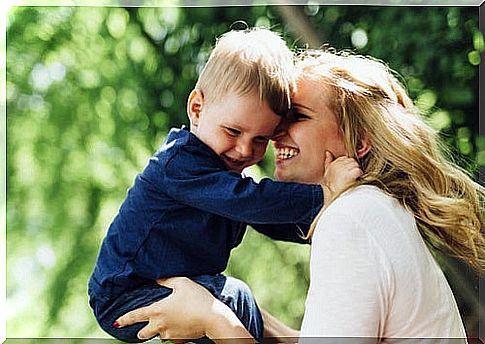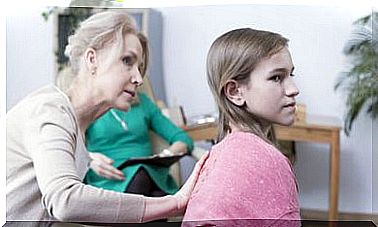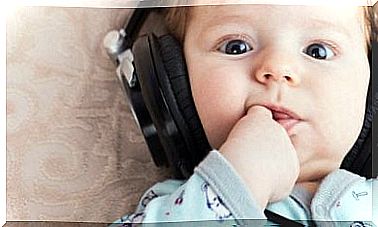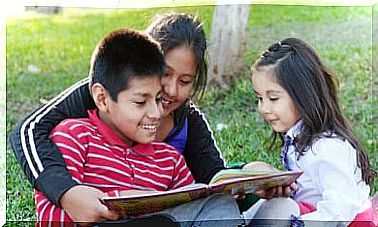Give Up The No’s And Say Yes To Positive Education

Could you get rid of the no’s? Certainly, with a little effort and help, yes. We can affirm that there is an educational current called positive education. This model holds that it is possible to teach discipline in a non-violent way. It is about creating a relationship of mutual respect between parents and children.
Science ensures that educating children in a positive way helps to promote the development of little ones. Through positive education a child can become a healthier and better prepared individual for life.
Of course there are many more benefits. Giving up NO’s has as its main benefit a more constructive relationship. Positively educated children can even help other children. Over time they develop healthy behaviors based on tolerance, dialogue and respect.
Sometimes the word NO is the first word out of our mouths when the baby is learning to crawl or walk, and wants to touch everything or put everything in his mouth . We often defend ourselves with a NO to avoid further explanation. We just don’t want to stop.
These “no’s” just try to keep the child from getting hurt, but it’s not the best way to get them to cooperate.
Studies indicate that children who often hear the word NO during the day have poorer language than those who hear more positive responses from their parents.
Educating positively does not mean that we will always give in or that we will raise a spoiled child.
It’s about going beyond basic denial and helping little ones understand how the world works, and why we’re the best people to teach them.

Abel Domínguez Llort, child psychologist and director of Domínguez Psicólogos (Madrid) tells us about positive education:
Then he adds:
Ideally, the child should understand (with arguments suited to their age and experience) why they cannot do a certain thing or act a certain way. There are many ways to make children understand, you can even negotiate with them by presenting other attractive options or activities that can help deter the little ones.
Expert opinion on the no’s
Avoiding the no’s is often a complicated task, especially when it comes to preventing the child from having an accident or getting hurt.
The idea is not to suppress NO from the vocabulary, but to be balanced and not saturate the little ones with too many no’s.
Over time, a great many no’s can raise a child who is afraid to explore the world. An inhibited, fearful and even anxious child.
Experts say that instead of saying NO, it is better to try to convey that the proposed alternative is much more interesting than the one the child wants.

The ideal is 20% of no and 80% of redirectable situations , establishes Alicia Banderas, author of the book “Niños sobreestimulados” published in 2017.
It is possible to give alternatives, as the children themselves absorb better this way. They end up saying, “Better do it this way then.” If a child continually hears NO, when they hear NO in school they will be frustrated.
There has to be a limit to the no’s, insists Banderas . She adds the following to clarify the issue: When I want my daughter to understand that something might be dangerous to her or to other people, then I say NO. But other times we’re just creating wars, and you don’t always have to get into that dynamic.
clear boundaries
Avoiding too many no’s doesn’t mean you will be a submissive parent who forgets to educate with rules and discipline.
Setting clear boundaries and learning to say NO to your kids is necessary, it’s part of the key to assertive parenting.
Parental authority must be an open window that allows children to learn from experience. All children need rules and discipline to grow and develop emotionally, socially and psychologically securely.
The idea is not to censor the child to the point of making him afraid of performing a certain activity, as this has a counterproductive effect on his education. The ideal is that parents guide in a safe and positive way, through a dialogue full of affection and enlightening answers, which encourage the little ones to make the right decisions.









